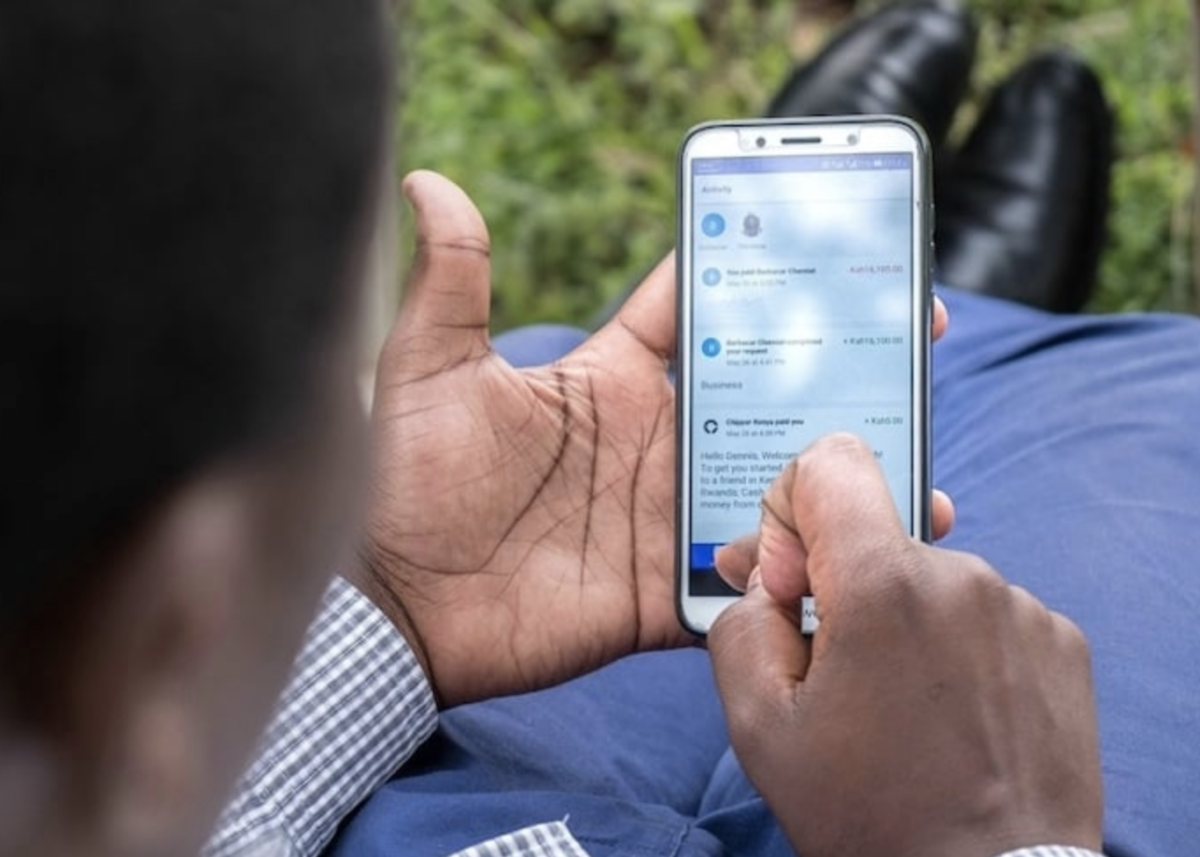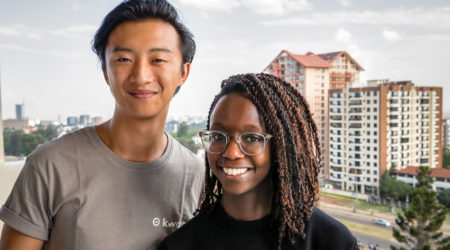Inclusive Fintech in Practice: Chipper Cash Illustrates Three Key Ways to Tackle Cross-Border Payments in Africa

The mobile money revolution in East Africa has yet to extend to cross-border transactions, even as the region is becoming more integrated economically. A study by CGAP and BFA Global found that “around 8 percent of people in East Africa actively send or receive payments across borders.” However, only half of these payments are being made through bilateral agreements between mobile money operators. Furthermore, the study highlighted that “these bilateral corridors can be expensive, lack transparency for consumers and regulators, and provide inconsistent user experiences.” Seeing this need, Chipper Cash — one of BFA Global’s Catalyst Fund portfolio companies — has developed an app that allows for easy, affordable cross-border payments in Africa that is taking off across the continent. Already present in six African countries (and counting), the company is a model for how technologies and user interfaces can be designed to include low-income, remote populations.
Chipper Cash provides free, interoperable payments in and between Ghana, Kenya, Uganda, Tanzania, Rwanda, and Nigeria. It accomplishes this by allowing customers to link their mobile money accounts (regardless of provider) to Chipper and make P2P transfers via its simple smartphone application. After launching in October 2018, Chipper has averaged 40% month-on-month growth and already serves hundreds of thousands of users, attesting to its powerful value proposition and customer-focused design. CEO and co-founder Ham Serunjogi explains one key to its appeal: “For anyone who lives in Africa and hears about Chipper, you don’t have to explain the value twice. They get it right away!”
Chipper joined Catalyst Fund earlier this year, and our team of venture-builders has been helping them dig into their data and customer usage. To understand how and to what extent Chipper’s product solves issues related to inclusivity in finance, we evaluated their offering using our AAA framework (Affordable, Appropriate, Accessible):
AFFORDABLE
Since Chipper’s transfer product is free for end-users, it is inherently affordable for those who can access it. Being free is a key differentiator for Chipper in an otherwise crowded payments space. As Ham puts it, “From our perspective, we do think we’ve created something unique. We are tapping into a big opportunity offering cross-border payments AND providing them for free! Doing them separately is hard, but doing them together is that much harder.”
ACCESSIBLE
While the offering itself is definitively affordable, only those with mobile money accounts and smartphones can use Chipper. The implicit cost of possessing a smartphone makes it inaccessible for some who may only have a feature phone. Fortunately, hundreds of millions of people in Sub-Saharan Africa already have a smartphone and penetration rates are growing. The GSMA predicts it will reach 66% in Sub-Saharan Africa by 2025. Furthermore, Chipper has expanded access in Nigeria by making the product available to those with credit cards and bank accounts, so that smartphone ownership is not a barrier to access.
For those who can download the app, Chipper’s interoperability feature makes it widely accessible for users with accounts or wallets across a number of MNOs — including M-Pesa, Airtel and others — all of which make it easy to open an account.
APPROPRIATE
Appropriateness — or the product’s level of usability for the low-income population — is where Chipper really shines. Its user interface is simple, easy to navigate, and intuitive for those who may only have used their phone for social media like WhatsApp. This focus on user experience was a priority for the founders. According to co-founder Maijid Moujaled, “Straight from the beginning, we’ve placed an immense focus on the customer. Ham and I have been obsessed with customer experience. At 2:00 am in San Francisco, Ham would call our early users in Uganda while I was still in bed (we were sharing an apartment at the time). One part of me was just asking Ham to stop making 2:00 am customer calls if he sees an error, but the other part of me would recognize that level of dedication. Those are the moments when it hit me — we’re going to succeed, and we’re going to obsess over customer experience.”
This focus paid off, resulting in a product that customers love — as evidenced by the company’s impressive user growth rate. As Maijid says, “When we meet our customers, they tell us how easy the app UI is, and how clear it is to understand. I think that shows in the product. ‘There are many apps, but no one does it the way you do it — other apps don’t have that kind of journey, that clarity’ — this is the kind of feedback we’ve gotten from our customers.” Ham adds, “Here’s a fun one we once heard: ‘Sometimes it feels like there is butter in the product- it’s that smooth!’”
In all, Chipper Cash illustrates how the three axes of affordability, accessibility and appropriateness can help startups understand how to generate traction and uptake with low-income customers, and thereby drive business growth. The startups also offers some significant lessons when it comes to tackling cross-border payments in Africa. The use of tech alone is not enough: Startups must carefully consider how to make a tech-enabled product that works for low-income people, given their existing devices, needs and comfort levels. To that end, the Catalyst Fund’s AAA framework can be a useful tool for startups developing new and innovative products for underserved customers.
Catalyst Fund is facilitating a panel at this year’s SOCAP Conference, called “Conscious coupling: ensuring tech does not undermine inclusion” on Wednesday, October 23rd at 11:00 am at the Fort Mason Center for Arts & Culture. During the panel, we will discuss how our portfolio companies Chipper Cash and Diin achieve conscious coupling between technology and inclusion, alongside impact investor Cathay Innovation and market enabler the MIX. If you are in the area, we would love to see you at the panel, or at our Inclusive Fintech Happy Hour on Wednesday evening!
This post originally appeared on NextBillion


